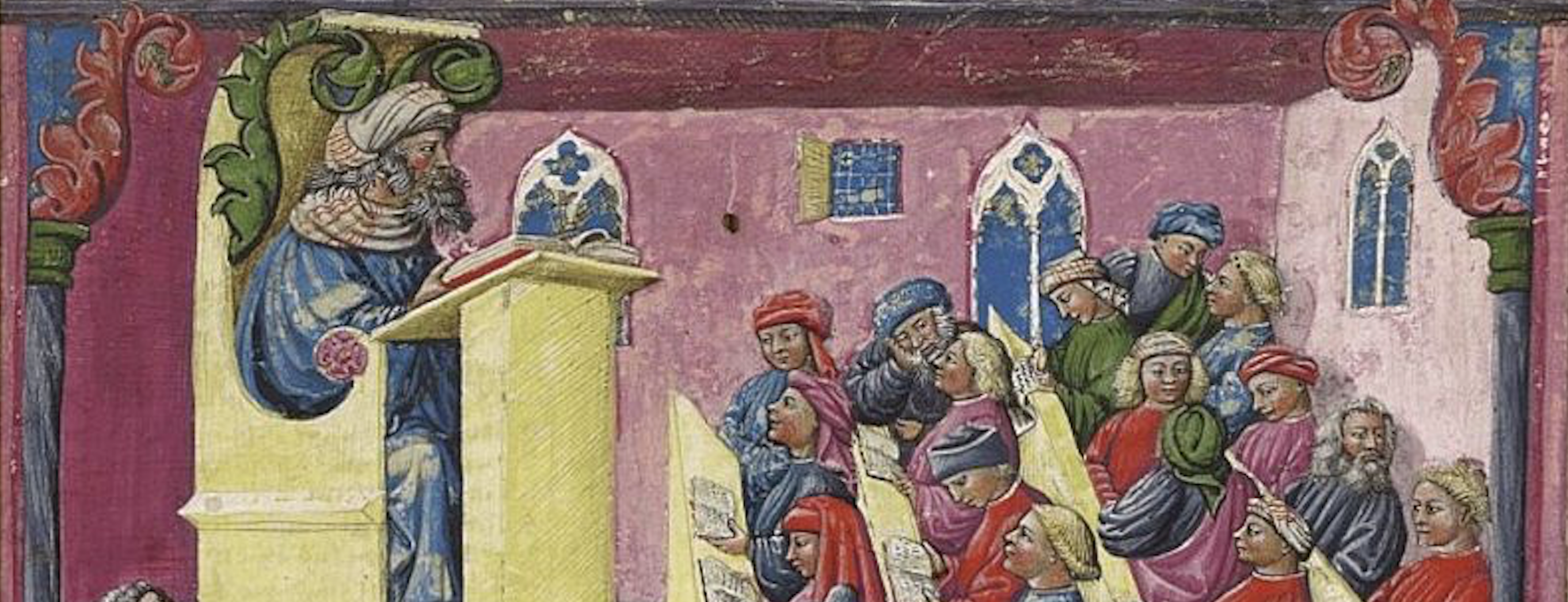Our Faculty
One of the most important and remarkable aspects of the Institute of Medieval Studies is its strong and diverse faculty. IMS members are all leading researchers and teachers in fields such as manuscript studies, Mediterranean art history, medieval Spanish literature, Anglo-Saxon language, medieval medicine, religious studies, digital humanities, and magic and the occult. This depth of expertise provides a rich intellectual environment for the UNM community and especially for students interested in furthering their understanding of the Middle Ages.
Core Faculty
Dr. Justine Andrews
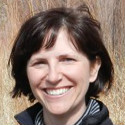
Associate Professor, Department of Art
After earning her Ph.D. from UCLA in 2002, Justine Andrews joined the faculty of the Department of Art and Art History at the University of New Mexico in 2004. Professor Andrews has worked extensively in the museum field including the J. Paul Getty Museum, the Meadows Museum in Dallas, and the National Gallery of Art in Washington, D.C. She participated in the NEH Summer Institute “Networks and Knowledge: Synthesis and Innovation in the Muslim-Christian-Jewish Medieval Mediterranean” in Barcelona, Spain in July, 2012. Professor Andrews also held a Fulbright Faculty Research Fellowship in Nicosia, Cyprus (2008), where she was in residence at the Cyprus American Archeological Research Institute. Recent publications include “Gothic and Byzantine in the Monumental Arts of Famagusta: diversity, permeability and power.” In Medieval and Renaissance Famagusta: Studies in Architecture, Art and History, edited by Nicholas Coureas, Peter Edbury and Michael J.K. Walsh. (2012).
In addition to the publication of sections of her Ph.D. dissertation in Arte Medievale and the volume Under the Influence, The Concept of Influence and the Study of Illuminated Manuscripts, she has published her entire MA thesis in Επετηρἱς Κἑντρου Επιστημονικὡ Ερευὡν (Κὑπρου) [Annals of the Cyprus Research Centre], Παρἁρτημα [Annex], 2005. Currently she is working on a book that analyzes the relationship of identity to Gothic Art and Architecture from Nicosia and Famagusta, Cyprus. At UNM she offers courses on Western Medieval, Byzantine, and Islamic Art and Architecture with a special emphasis on the interaction between these cultures.
Dr. Jonathan Davis-Secord
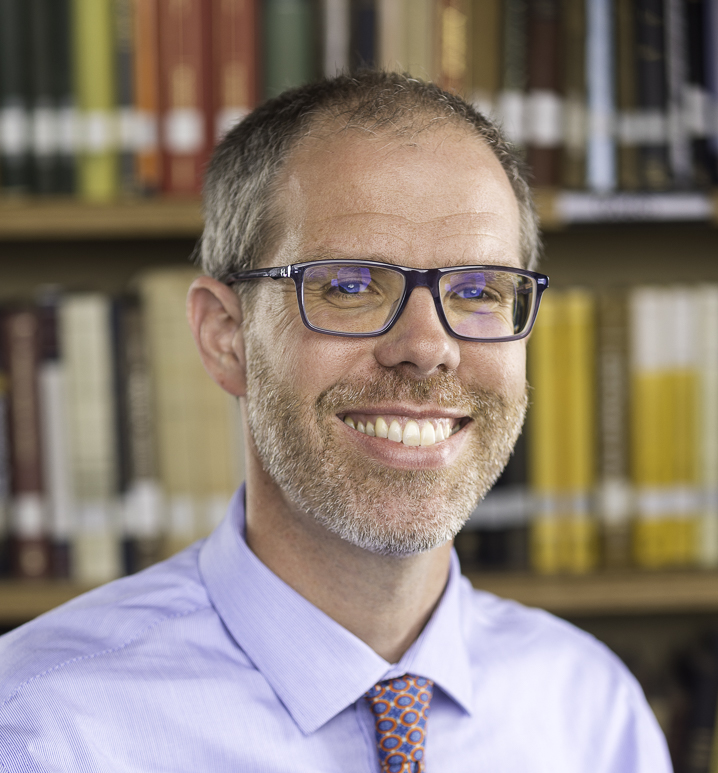
Associate Professor, Department of English
- Email:
- jwds@unm.edu
- curriculum vitae
Dr. Jonathan Davis-Secord studies early medieval England and his publications cover a variety of Old English, Latin, and Middle English works, as well as medieval music. Davis-Secord’s current research focuses on asking new questions of old texts through lenses such as trans studies and critical race theory.
Dr. Sarah Davis-Secord
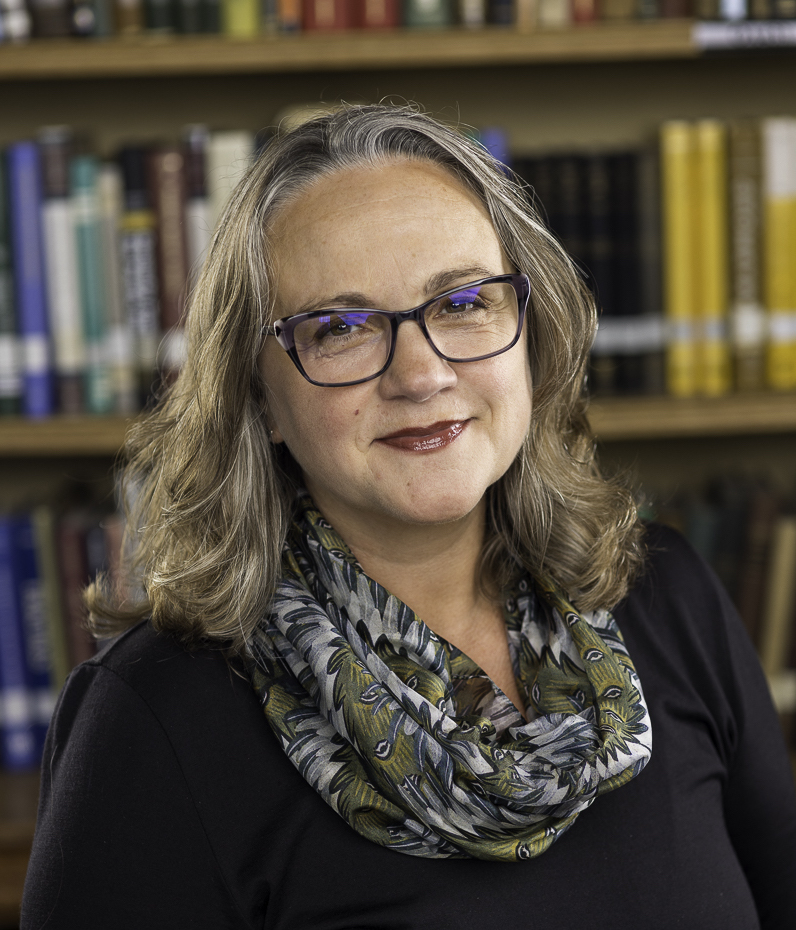
Associate Professor, Department of History
- Email:
- scds@unm.edu
- curriculum vitae
Dr. Sarah Davis-Secord is a historian of the early and central Middle Ages, particularly interested in intercultural and interreligious relationships within the Mediterranean Sea region. Her books include, Where Three Worlds Met: Sicily in the Early Medieval Mediterranean (Cornell University Press, 2017), Migration in the Medieval Mediterranean (Arc Humanities Press, 2021), and Global Medieval Contexts 500 – 1500: Connections and Comparisons (Routledge, 2021). She is currently working on a handbook for future research into medieval migration studies, which is to be published with Arc Humanities Press.
Dr. Leslie Donovan
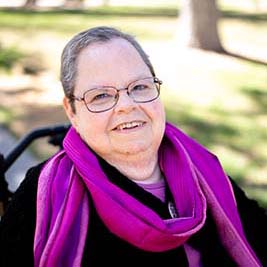
Professor and Interim Dean, Honors College
Dr. Timothy Graham

Distinguished Professor, Department of History
- Email:
- tgraham@unm.edu
Dr. Timothy Graham is a Distinguished Professor of History and a Regents’ Professor in the College of Arts and Sciences. He served as Director of the Institute for Medieval Studies from 2002 until 2020, having previously held positions at the University of Manchester (1980–89), Cambridge University (1989–94), and Western Michigan University (1995–2002). A specialist in manuscript studies, his research has focused in particular on early English manuscripts and their study by scholars of the early modern period, including Archbishop Matthew Parker (1504–75) and his circle, William L’Isle (ca. 1569–1637), Abraham Wheelock (1593–1653), and the Elstob siblings, Elizabeth (1683–1756) and William (1674–1715). He teaches graduate seminars on “Paleography and Codicology,” “Medieval Research and Bibliography,” and “Bede and the Northumbrian Renaissance.” His undergraduate offerings include “The Medieval World,” “Anglo-Saxon England, 450–1066,” and “History of Christianity to 1517.” He also regularly convenes a Medieval Latin Reading Group for graduate students interested in developing their skills in understanding and translating texts written in Latin. In 2016, Professor Graham received the Medieval Academy of America’s award for Excellence in Teaching Medieval Studies. He is a Fellow of the Royal Historical Society.
Dr. Anita Obermeier

Professor and Chair, Department of English
Faculty Advisor, Medieval Studies Student Association
Dr. Nahir Otaño Gracia
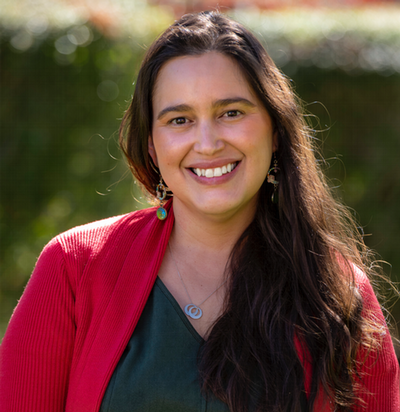
Assistant Professor, Department of English
- Email:
- nahir@unm.edu
- curriculum vitae
Dr. Nahir Otaño Gracia is an Assistant Professor of English. Her theoretical frameworks include translation theory and practice, Critical Identity Studies, and the Global North Atlantic—extending the North Atlantic into the Mediterranean. She has published a number of articles on literature from the Global North Atlantic, including “Towards a Decentered Global North Atlantic” winner of the MAA’s article prize in Critical Race Studies (Literature Compass 2019); “Gawain, Race, and the Borders in The Turke and Sir Gawain” (Exemplaria 2022); “Presenting Kin(g)ship in Medieval Irish Literature” (Enarratio 2018); and “Vikings of the Round Table” (Comitatus 2016). Her coedited volume of essays, Women’s Lives: Self-Representation, Reception, and Appropriation in the Middle Ages, was published in 2022, and her monograph The Other Faces of Arthur: Chivalric Whiteness in the Global North Atlantic will be published by Penn Press in 2025.
Nahir teaches courses that focus on differing aspects of the Global Middles Ages and Premodern Critical Identity Studies such as Early World Literature: On Hate and Restorative Justice, which uses the concept of restorative justice as a tool for literary analysis; Medieval Romance and Race; Global North / South Connections; and Celtic/Global Otherworlds. These courses tend to cluster canonical works of literature, transgressive literature by women of color, and materials from popular culture that students already know and welcome in order to help students decenter, dismantle, and recreate the canon.
Nahir is also an activist medievalist working to create a more inclusive medieval studies. The cowritten article “Constructing Prejudice in the Middle Ages and the Repercussions of Racism Today” appeared in Medieval Feminist Forum’s special issue on Microaggressions, Harassment, and Abuse—Medieval and Modern and her essays “On hidden scars and the passive voice,” (Ecocide) and “A Critical Subjective Analysis of Objectivity,” (Feeding the Elephant), among others discuss the ways that medieval studies and academia at large have begun to diversify and the ways it has fallen short.
Dr. Michael Ryan
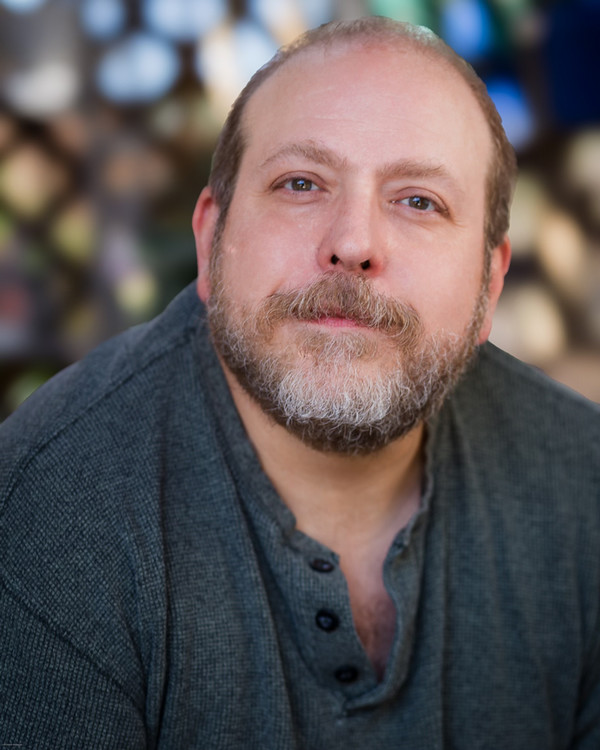
Associate Professor and IMS Director, Department of History
- Email:
- ryan6@unm.edu
Dr. Michael A. Ryan is an Associate Professor of History and Director of the Institute for Medieval Studies. He is a social, cultural, and intellectual historian of late medieval and early modern Spain, Italy, and the Mediterranean Basin. He offers undergraduate and graduate courses on his research interests include the history of magic and the occult sciences in the Middle Ages, apocalyptic hopes and fears expressed in the Middle Ages and in modernity, the development of cities over the course of premodern period, medieval material culture and objects, and premodern expressions of gender and sexuality. In addition to a number of book reviews, essays, and articles, Dr. Ryan is the author of A Kingdom of Stargazers: Astrology and Authority in the Late Medieval Crown of Aragon (Cornell, 2011) and the editor of A Companion to the Premodern Apocalypse (Brill, 2016), the co-editor of End of Days: Essays on the Apocalypse from Antiquity to Modernity (McFarland Press, 2009), and is completing revisions on a book-length manuscript in which he analyzes books of secrets and their intersection with privileged knowledge and charlatanry in late medieval Venice.
Associated Faculty
Dr. Marissa Greenberg
Associate Professor, Department of English; Director of British and Irish Literary Studies
- Email:
- marissag@unm.edu
Emeriti Faculty
Dr. Anthony Cardenas-Rotunno
Professor Emeritus - Department of Spanish & Portuguese
- Email:
- ajcard@unm.edu
